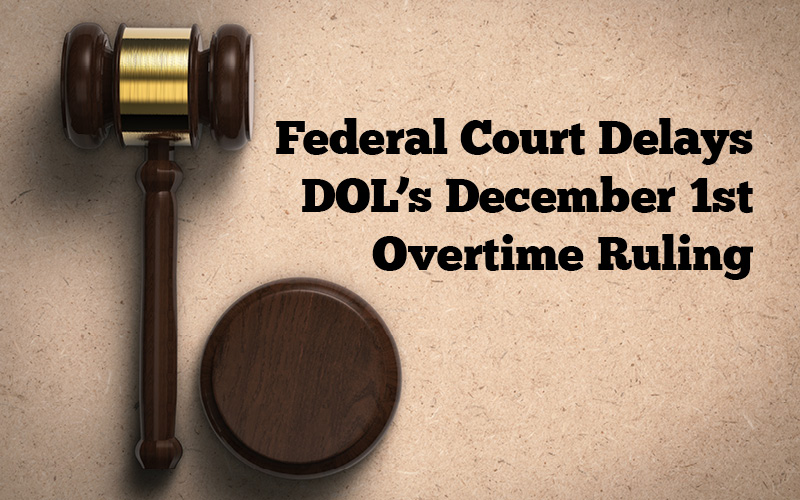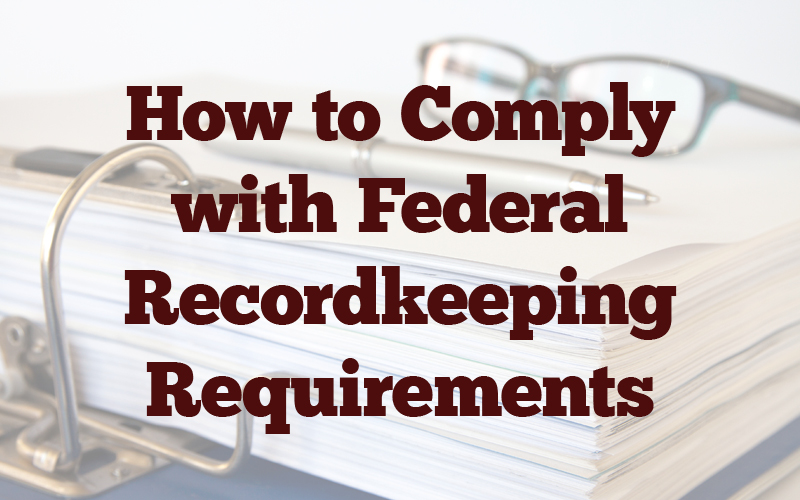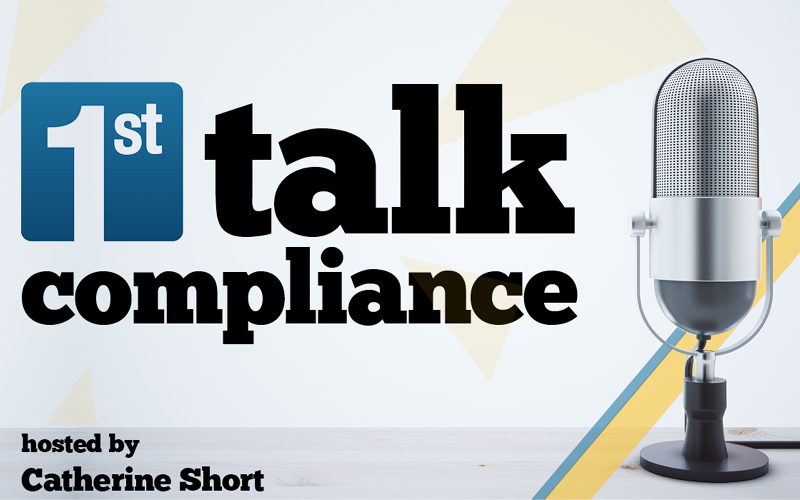Highlights of the Federal Overtime Changes that Impact Your Organization
The Fair Labor Standards Act (FLSA), is the federal wage law that requires, among other things, employers to pay federal minimum wage and overtime compensation for workers that do not meet an exemption. On May 18, 2016, the Department of Labor (DOL) issued a Final Rule updating the FLSA’s overtime provisions to double the salary threshold from $23,660 to $47,476. This means that employers large and small will need to be prepared before the rule goes into effect at the end of this year.
The DOL’s rulemaking was in response to President Obama’s March 13, 2014 Presidential Memorandum, that directed the Secretary of Labor to ‘modernize and streamline’ the FLSA’s overtime provisions to ‘update existing protections consistent with the intent of the Act; address the changing nature of the workplace; and simplify the regulations to make them easier for both workers and businesses to understand and apply.’ On July 6, 2015, the DOL published a Notice of Proposed Rulemaking in the Federal Register and over 270,000 comments were received, which shaped the Final Rule. Here are four major highlights:
1. New Salary Threshold Changed to $47,476
Currently under FLSA, employees must receive minimum wage and overtime compensation of 1.5 times the employee’s regular rate of pay for any time worked in excess of 40 hours in a week. Employees may be exempt from this regulation if three tests are met:
- Salary Level Test: employee is paid at least $23,660 annually or $455 weekly;
- Salary Basis Test: employee is paid a predetermined and fixed salary; and
- Duties Test: employee’s job duties primarily involve executive, administrative, or professional duties
The Final rule significantly changes the salary level test to $47,476 annually (or $913 weekly). Employers may calculate non-discretionary bonuses, incentive payments, and commissions to satisfy up to 10% of the salary, if paid on a quarterly or more frequent basis. This salary level change will allow a larger portion of the workforce to be eligible for overtime pay.
2. Highly Compensated Employee Exemption Increased to $134,004
Even if an employee does not meet the duties test, FLSA allows highly compensated employees to be exempt from overtime requirements. Currently, the salary requirement is set at $100,000.00 for this exception. The Final Rule increases this salary requirement to $134,004.
3. Salary Level Will Automatically Increase Every 3 Years
The FLSA was last updated in 2004. In order to keep salary levels current, the Final Rule establishes a mechanism for automatically updating the salary and compensation levels every three years to maintain the level at the 40th percentile of full-time salaried workers in the lowest-wage Census region.
4. Final Rule Is Effective December 1, 2016
Within a matter of months, providers will be impacted by the revised FLSA. Providers should analyze the FLSA’s financial impact on its organization and plan according, such as increasing employee pay to meet the new salary level, $47,476 annually or $913 weekly, reclassify employees from exempt to non-exempt, or convert salaried employees to an hourly basis. Providers will also need to update internal policies on time tracking measures to ensure any overtime work is tracked and paid.






